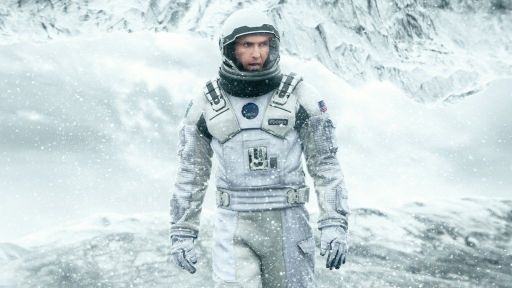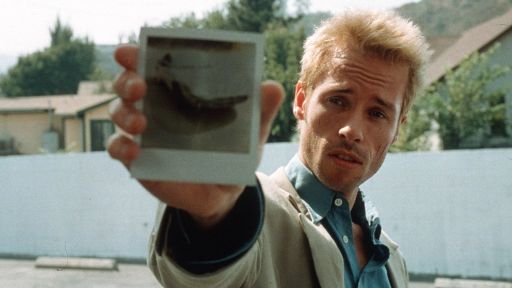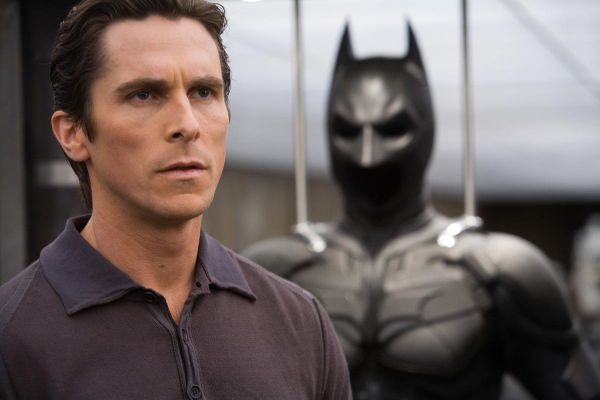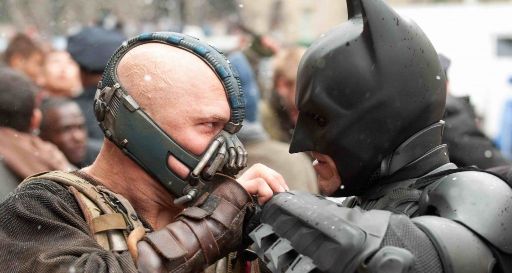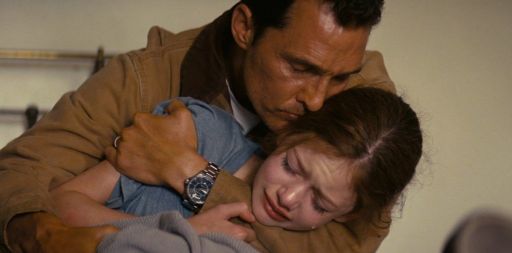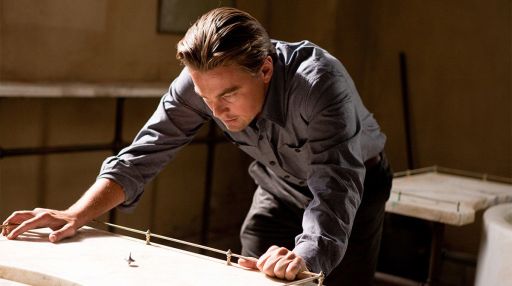I can only picture the avalanche of comments that would be left in support of this article. Christopher Nolan is a very well-liked director, and our fans particularly adore his films for their brilliance and sophistication. And we are among many who admire the man, and we have written extensively about his films on our website.
But as I’m sure many of you are aware, a sizeable portion of the population dislikes the style of cinema he represents. These are ardent film enthusiasts who extol the brilliance of auteurs like Nuri Bilge Ceylan and Michael Haneke, whose creations are frequently eclipsed by Hollywood and its favourite son. It is almost insulting to them to hear Nolan lauded as the greatest auteur of modern film by both critics and fans. Of course, there are also a sizable number of film enthusiasts who admire Nolan’s work and respect his talents while acknowledging his limitations. However, the contrast of the diametrically opposed viewpoints that Nolan’s name conjures is what inspired me to investigate this issue.
Now, this in no way refers to Nolan as a good or terrible director. Is he “overrated” or not the topic at hand? Although I don’t particularly enjoy using that phrase, we’ll have to get by without it for the time being. In this instance, the term “overrated” alludes to the idea that Nolan is generally thought of as being better than he actually is, in my view of course. And for the past two weeks, I’ve been asking myself this question, wondering if he is, in reality, just a fluke who has been exaggerated to an absurd degree. Let’s examine the objections to Nolan before responding to the query.
Emotional Disengagement
Numerous famous auteurs struggle with this issue. Even Kubrick, a master of story and characters, occasionally struggled to create a deep emotional connection with the viewer. But if Kubrick’s towering classics like “2001: A Space Odyssey” and “The Shining” benefited from the icy narrative, Nolan’s films practically suffer from it due to their emotional intensity. The emotional impact of films like “The Dark Knight” and “Following” should have been devastating, but Nolan’s detached filmmaking, though entertaining, doesn’t leave us feeling much. He can take a cue from Russian great Andrei Tarkovsky, whose films never fail to leave viewers in tears despite their deep and decidedly arcane topics and ideologies.
Inability to Elicit Powerful Performances
It goes without saying that without excellent characterizations, great acting is impossible. And other than Heath Ledger’s portrayal of The Joker, whose greatness is more attributable to Ledger’s autonomous creation and interpretation of the role, Nolan hasn’t created a memorable character for his films—one who will be remembered and discussed in years to come. Now, this is not to argue that the acting in his films is subpar; on the contrary, it is consistently excellent. But that should come as no surprise given that he consistently collaborates with the top actors in the business, like Anne Hathaway, Jessica Chastain, Marion Cotillard, Leo DiCaprio, Morgan Freeman, and Christian Bale. However, he has never been able to push them past their breaking points or to their absolute limitations in order to produce something truly masterful. Scorsese did that with Robert DeNiro (in “Taxi Driver” and “Raging Bull”) and still does it with Leonardo DiCaprio (in “Wolf of Wall Street” and “The Aviator”), but Nolan allows the actors to operate in their comfort zones, which is hardly the mark of a truly great auteur.
I want to be clear that in no way do the reasons I’ve made above imply that I don’t like Christopher Nolan. On the contrary, I adore him and continue to eagerly anticipate his films. If Steven Spielberg is the father of the contemporary American blockbuster, Christopher Nolan revitalised modern Hollywood with his intellectual films. He held a particular place in my heart early in my childhood and is still one of my favourite directors today. Additionally, I don’t believe he has ever produced a subpar movie, and his picture “Memento” is among the best of the century.
though, and this is a major though, I don’t think that criticism of art is completely out of the question. No one is flawless, and no viewpoint is infallible. Nobody is perfect, and most of the time, these flaws are what give an artwork its true beauty. However, Christopher Nolan is frequently viewed as being above these standards of art, and his fanatical fans lose their minds at the first whiff of criticism. I detest this kind of hero worship and think that appreciating any creative endeavour, whether it be in film or another medium, requires thoughtful criticism.
Obsession With Plot
For many others, this might be a big plus, but over the years, it has only served to further distance me from the world that he creates. The overall experience is hampered by Nolan’s obsession with structure and the notion that everything must make perfect sense. And because of this, even if most of his films are confused when first watched, they become clearer with repeated viewings, and the magic gradually wears off. However, Nolan makes sure that everything is addressed. Filmmaking legends like Stanley Kubrick often approached complex issues with a feeling of ambiguity that made them all the more attractive. Maybe that’s just who he is, and that’s not really a flaw, but it still irritates me.
The Novel-esque Screenplays
The Nolan brothers seem to create novels for screenplays, in my opinion. Although they are extremely detailed, the dialogues ultimately come out as grating and on the verge of being foolish. Particularly in the Dark Knight Trilogy, where some of the one-liners are hilariously bad, this is true. This is due to the fact that, in contrast to literature, screenplays have the leeway to avoid clearly explaining everything, and the visuals also significantly aid in conveying the tone and cadence of the movie. Unfortunately, Nolan still explains things that are ostensibly obvious.
Thinly Written Characters
Although I’m sure many “Nolanists” would disagree, this is something that has always worried me. The characters that the Nolans create have a lot of potential, but they rarely succeed in escaping the confines of their constricting screenplay and existing independently. While Nolan’s cinema moves backwards, Paul Thomas Anderson, possibly the best American director now at work, is a master of deep characterizations, making each viewing more enjoyable than the one before it. Tragic characters are at the centre of films like “Inception” and “The Prestige,” but Nolan is more concerned in what happens to them and, more significantly, how it happens than in their internal issues and struggles. And eventually, the allure of the encounter loses some of its charm.
So, in response to my prior query, is Christopher Nolan overrated? My response is “yes,” even if I firmly feel that he still has a long way to go before truly earning the title of Hollywood’s saviour. You might disagree with me, and that’s where the real fun of enjoying films is.

